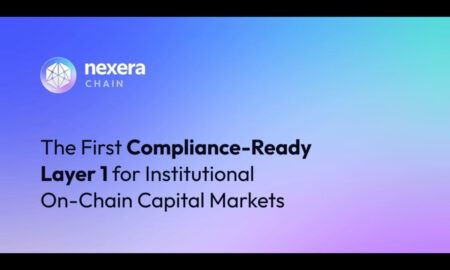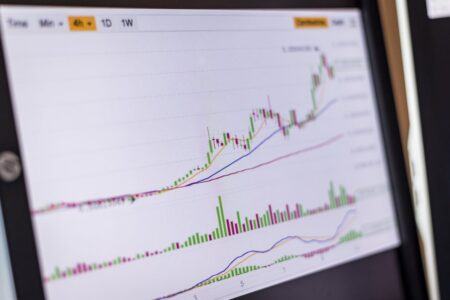Plus500, a company offering contracts for difference (CFDs) on various financial products, including cryptocurrencies like bitcoin, recently revealed cryptocurrency trading helped its revenue jump a whopping 284 percent in the first quarter of this year.
According to the Israeli-headquartered company, revenue for the first three months of 2018 hit $283.3 million, equivalent to 68 percent of Plus500’s revenue last year. Before costs like taxes, interest, and other deductibles, the company earned $237.3 million – 90 percent of what it earned last year, and a 418 percent increase over the previous quarter.
Plus500 revealed that the incredible numbers came down to a surge in new customers, drawn by the late 2017 cryptocurrency surge, and the return of market volatility. The company said:
“The very strong start to the year, which was referred to in our preliminary announcement of 14 February 2018, resulted from a period of relatively volatile markets and high levels of interest in the Company's cryptocurrency CFDs offering, and in turn encouraged high levels of New Customer sign-ups and record trading in Q1 2018.”
Per the company, nearly 73,000 new customers signed up in the first quarter of 2018, an increase of about 228 percent over the last quarter. The heightened interest is, however, seemingly dying down, as Plus500 further revealed market conditions went back to “more normal levels” at the end of February.
As such, it doesn’t expect “such an exceptional performance to be repeated in the remainder of the year.” It further noted that a clampdown by some online platforms – including Google and Twitter – on cryptocurrency ads knocked back its ability to win more customers in the future.
Plus500 currently offers CFDs for bitcoin, ethereum, ripple, litecoin, bitcoin cash, and iota. The company’s experts believe regulatory scrutiny will “enhance the CFD trading landscape and create a more level playing field.”
Britain’s Financial Conduct Authority has in the past warned about the dangers of crypto CFDs and other derivatives, as the prices of their underlying assets can fluctuate wildly within minutes.









